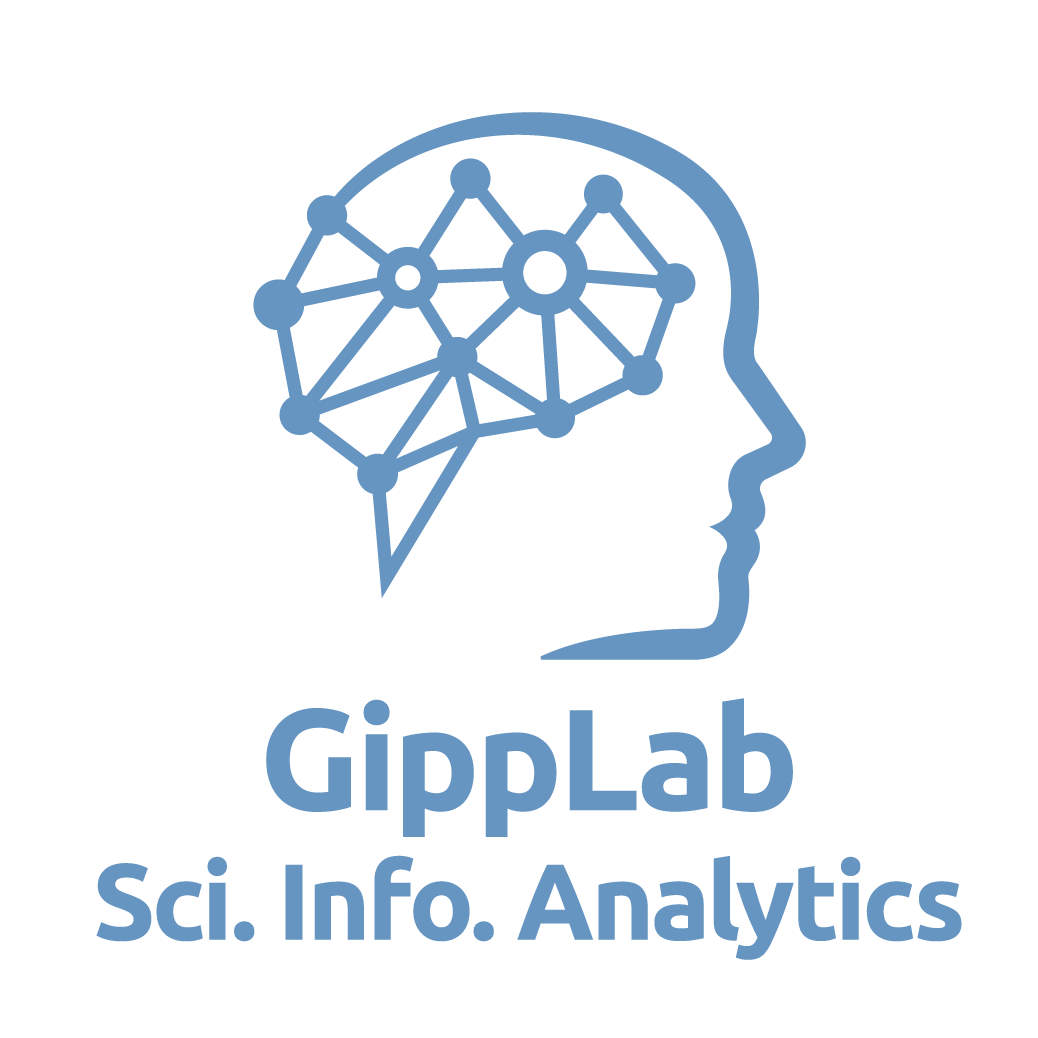Dr. Daniel Kurzawe
Deputy head of Research and Development at SUB
Office: Papendiek 14 (Historical Building, Room 2.207)
BIOGRAPHY
Dr. Daniel Kurzawe is interested in the many facets and types of knowledge and knowledge representations. He studied logic and philosophy of science, computational linguistics, and philosophy at LMU Munich and then earned his doctorate with a thesis on computer simulations of the dynamics of science.
From 2011 to 2013 he worked for the Gesellschaft für wissenschaftliche Datenverarbeitung Göttingen (GWDG) on digital research infrastructures for the Humanities and dince 2013, he is the deputy head of the Research and Development department at the State and University Library, primarily focusing on topics related to the sustainability of knowledge, Research Infrastructures, Research Data Management, Data Science and Digital Humanities.
He has participated in a multitude of research projects and has gained extensive expertise in the application and implementation of third-party funded projects with funding agencies like DFG, BMBF, MWK, and EU. He is well-versed in the national and international research landscape and builds interest-driven communities.
Driven by the opportunities offered by new technologies, he consistently strives to explore their limits and contribute to their further development. He sees himself as a cross-disciplinary explorer between the methods and traditions of computer science, the humanities, and the natural sciences, always striving to create added value through interdisciplinary questions and applications. In his current research, he is particularly focused on the boundaries of knowledge and the possibilities of AI in scientific applications. He is also interested in the cultural and ethical implications of the digitalization of research on knowledge infrastructures.
- Digital Humanities Computing
- Data Science
- Set theoretical abstractions of scientific theories and theory networks
- Domain specific large language models
- Limits of knowledge and knowledge representation
- The future of libraries and research infrastructures
Related interests:
- Third party funding
- 3d-printing and “maker topics”
- 3d-modeling
- Digital audio recording


